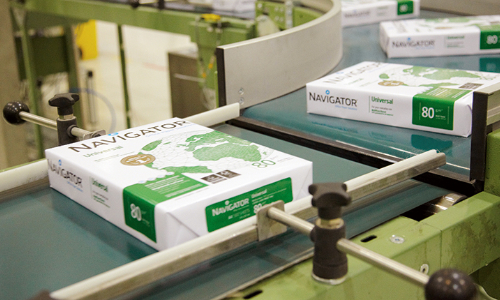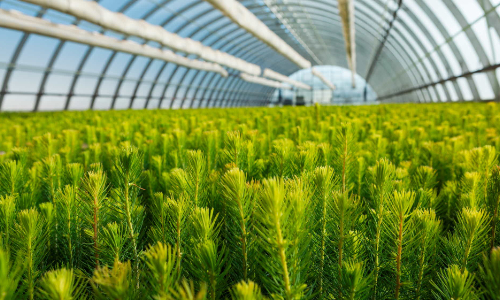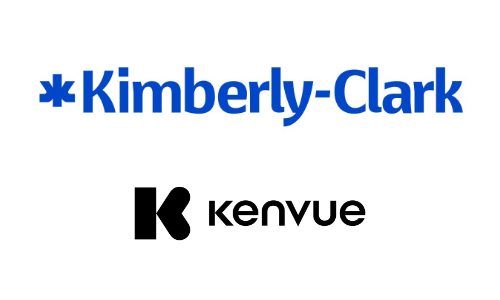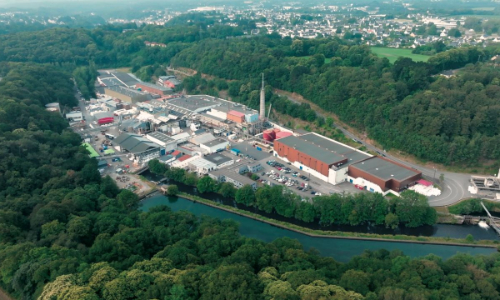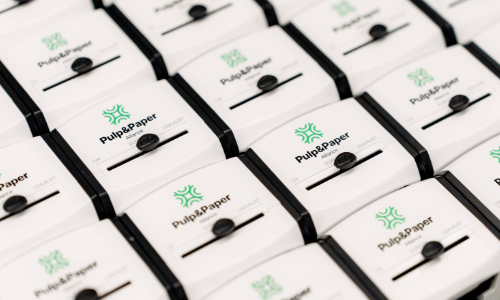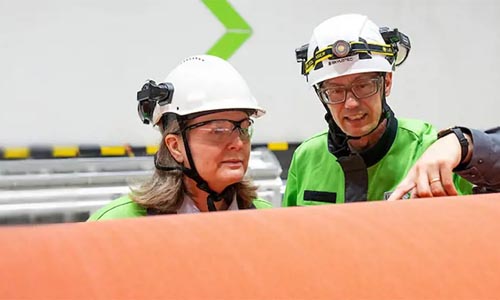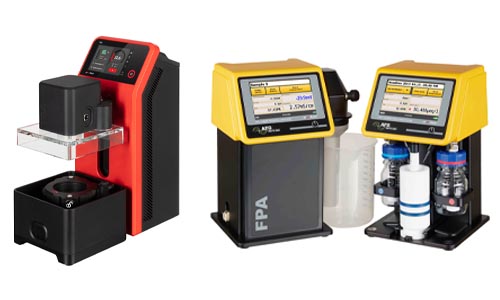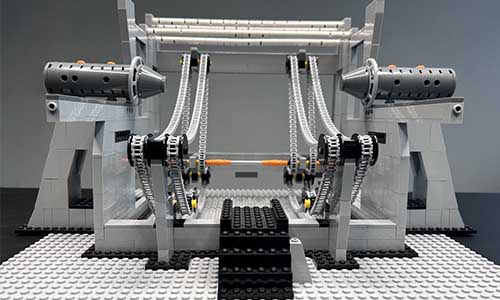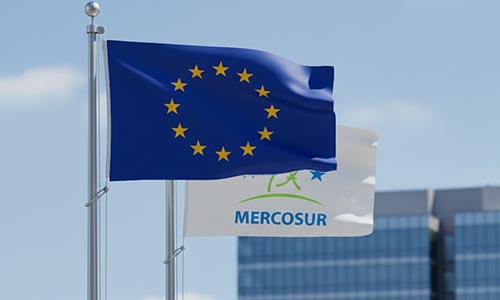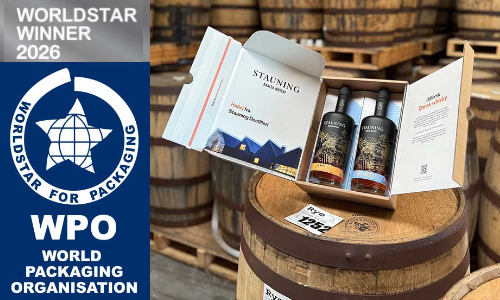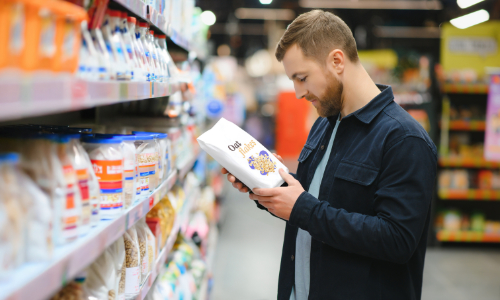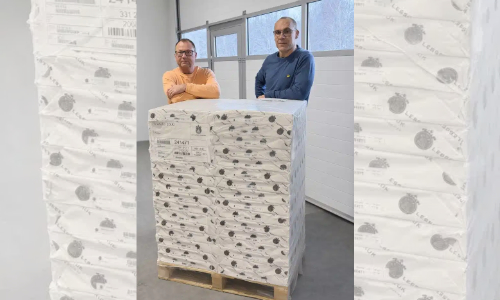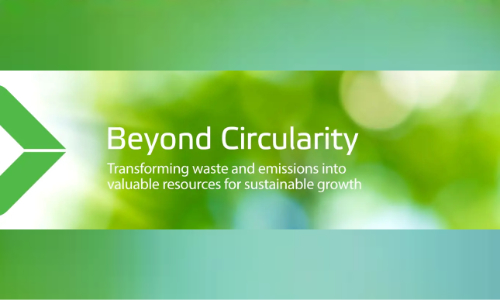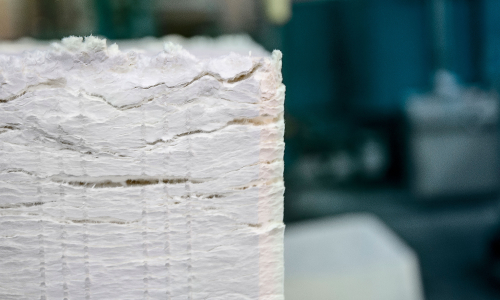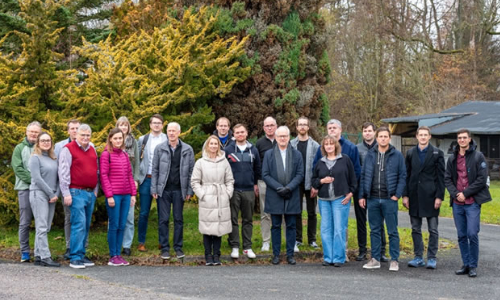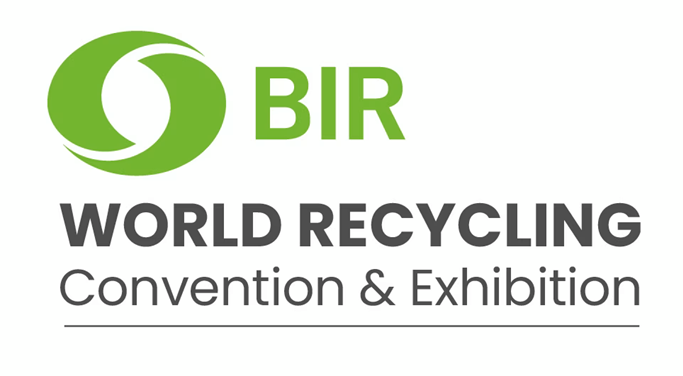
China’s decision to implement new requirements on imported ‘dry pulp’ is creating significant challenges for processors in Thailand, the BIR World Recycling Convention in Bangkok heard this week.
Speaking at the Paper Division meeting, Jun Park, Recovered Paper Trader at VIPA Lausanne SA, explained that the new rules, implemented in early October, “created a lot of uncertainties in the market, resulting in the market price to crash.” The announcement caught the industry off guard and has triggered a wave of disruption across supply chains.
China’s new requirements for imported recycled pulp are specifically aimed at tackling contamination issues. Materials containing 0.5% or more impurities will be rejected outright. The implementation has led to 100% inspections taking place at ports, causing significant delays and bottlenecks. “People believe there are about 3,000 to 4,000 containers stuck in port in China,” said Mr Park, highlighting the scale of the disruption.
China imports around 4-5 million tonnes of dry pulp annually, with Thailand serving as a major supplier. Dry pulp processors are a relatively new segment of the recovered paper market, having emerged after China’s ‘National Sword’ ban on wastepaper imports eight years ago. Processors began operating in Thailand and Malaysia, creating dry pulp products that could be imported into China.
Mr Park reasoned that China is now effectively establishing the parameters of what is acceptable, as dry pulp was introduced to the market with no defined standard. “It was a fine line between waste and paper,” he said.
While the new requirements cover imported recycled pulp broadly, Mr Park clarified that China’s focus is on dry pulp rather than ‘wet pulp,’ with the “real target” being the 2-3 million tonnes annually from Thailand. “They have no issues for [wet pulp] to be imported to China, although they do go through 100% inspection as well,” Mr Park explained.
As a result of the new rules, the market is expected to remain volatile for the next two to three months, with pressure on the supply side from both the US and Europe. After India, Malaysia and Thailand are the top export destinations for recovered paper from the United States.
Paper Division President Francisco Donoso remarked that China’s new rules had “surprised all of us” and questioned how they would impact trading volumes and flows globally.
Mr Park predicted that dry pulp imports to China for this year would fall below four million tonnes. He added: “I think there will probably be a move to cleaner OCC, which I think in the short-term would definitely impact volumes to Thailand in particular.” He suggested that some smaller players in Thailand could disappear from the market as quality standards tighten.
The consensus is that China is unlikely to ban recycled pulp entirely. Instead, it has been guiding suppliers “to follow certain standards,” and there is an expectation that inspection levels will reduce over time to 50%, then 30% “and maybe zero at some point,” Mr Park added.
Overall, the new rules are expected to shift the market toward higher-quality suppliers, more diversity of supply, greater quality control, and increased investment in AI sorting technology at the supplier end, particularly in the US and Europe.
European export challenges
Simone Scaramuzzi, Sales and Purchasing Director at LCI, presented on the challenges facing recovered paper exports from Europe to Asia. Europe has increased its production capacity, reducing the availability of recovered paper for export and making European mills more competitive compared to Asian mills. Tighter controls on EU waste exports, increased documentation requirements, and fluctuating shipping prices are limiting exports, as suppliers prefer the domestic market to avoid complications. However, 2025 has seen a moderate price rebound, driven by stronger demand from local mills for high-quality recovered fibre like OCC and sorted office paper. The market has been alternating between periods of high exports to Asia and periods of strong European demand linked to energy costs and shipping expenses.
New global trading platform
Mr Donoso concluded the session by introducing GARP – the Global Auction for Recovered Paper for Recycling, a new platform set to launch in December 2025. GARP will host weekly 30-minute auctions for recovered paper and cardboard, featuring live pricing, anonymous identities and integrated standards. Representing a significant shift from traditional trading methods, the platform will connect hundreds of suppliers, customers and brokers worldwide, regardless of company size.


